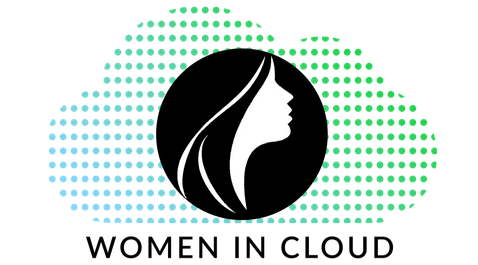
My journey to the C-Suite and Boardroom was successful. However, I must admit it was slower and, at times, more rocky than many of my male colleagues. I learned many lessons on my journey…
One of my earliest lessons occurred at my first job when it became apparent that the sponsorship of influential people is essential to career advancement. We hear a lot about the importance of mentors who, often unselfishly, provide advice, critical guidance, and support. A sponsor, in contrast, will put their own name and reputation on the line to recommend you for an opportunity. For a sponsor to take such a risk, he or she must believe in you, your talent, and your potential.
I had just graduated from college with a degree in Sino-Soviet Studies, and I had no STEM expertise. That said, good timing is often the key to success, especially when preparation meets opportunity. When I graduated, IBM had just decided to open its first office in what was then the Soviet Union. IBM needed to hire people who spoke Russian and were familiar with Soviet governmental systems but did not have any family ties in the Soviet Union (for fear of the KGB using such ties to obtain confidential information from the employee). I fit IBM’s profile and was hired, put into their extensive training program, and—upon completion—joined the Russian operations.
There were two primary career paths for new hires in the sales divisions: a marketing representative (who was the account team leader) or a systems engineer (who provided technical support.) Considering my lack of any technical knowledge, I assumed I would be a marketing representative. To my surprise, I was immediately slotted to become a systems engineer. At that time, I did not encounter at IBM any women marketing representatives, there were none in my branch office and none in my training class. Customers usually had great confidence in and trusted the systems engineers; however, the marketing representatives most often progressed into leadership roles. I realized that, as a woman, I was not on the leadership track from Day One.
I did not challenge the “system.” Maybe I should have, but it was obvious to me, even at 21 years old, that this would end my career before it had started. So, I worked hard, learned about computers, and was assigned to work a territory in Moscow.
My first chance at sponsorship
About a year into my overseas assignment, an opportunity arose: the IBM VP responsible for Eastern Europe was traveling to Moscow and wanted someone to join him as an assistant to verify what was said by the Soviet translators and side conversations. I volunteered. The fact that I was simply there to provide support did not preclude me from ensuring that I knew his program exceptionally well and researched the customers and government officials with whom the VP would meet. During the trip I became increasingly more valuable to the VP. He was briefed and “hosted” by the marketing representative for each customer, while I was able to add the backstory and provide context beyond the sales relationship.
When we returned to headquarters in Paris, the VP called me into his office to ask about my sales performance. I made sure the VP knew I aspired to be a marketing representative but was currently a systems engineer and then handed him the Trip Report that I had prepared at my initiative.
A week later, I was called into my manager’s office and informed that I was now a marketing representative. It was apparent that the VP had provided the essential sponsorship I needed for such a move.
Lessons on sponsorship
My shift into the marketing representative role paid off. I progressed into multiple management roles. I learned the critical importance of sponsorship and that it was earned, not entitled.
At each stage of my career, regardless of the level, I have always recognized the importance of sponsors. I learned:
- There must be mutual value.
- Your sponsor is most likely to step up on your behalf when some “proof of concept” has been shown and s/he is confident that you can meet the defined expectations.
- From time to time, send your sponsor a very brief update to show you are delivering results.
- Be on the lookout for ways to provide value to your sponsor. This will keep you on their radar for future opportunities.
For women, a need to bridge the gender divide
As women, we need to be proactive in developing relationships in natural and authentic ways. We need to build networks that bridge the gender divide and are necessary to access opportunities and discover unpublished openings or positions that do not yet exist.
Karen Cone is an experienced Board Director, currently serving on the Board of Fyrii.AI and on the advisory boards of multiple early-stage growth companies in Hi-tech and Fintech. She is a Venture Partner with the Mastersfund, which focuses on women entrepreneurs, and serves on the Women in Cloud Board of Advisors. Formerly, Karen was Microsoft General Manager of Worldwide Financial Services and CEO and Board Director of TowerGroup’s advisory research firm. Karen has also held senior executive positions at IBM, MasterCard, and Gartner, where she served on the Gartner International Board. She has lived and worked in the Americas, EMEA & Asia. Karen and her husband, Jeff, have three sons and four grandchildren and currently live in Redmond, Washington.

 Women In Cloud
Women In Cloud
